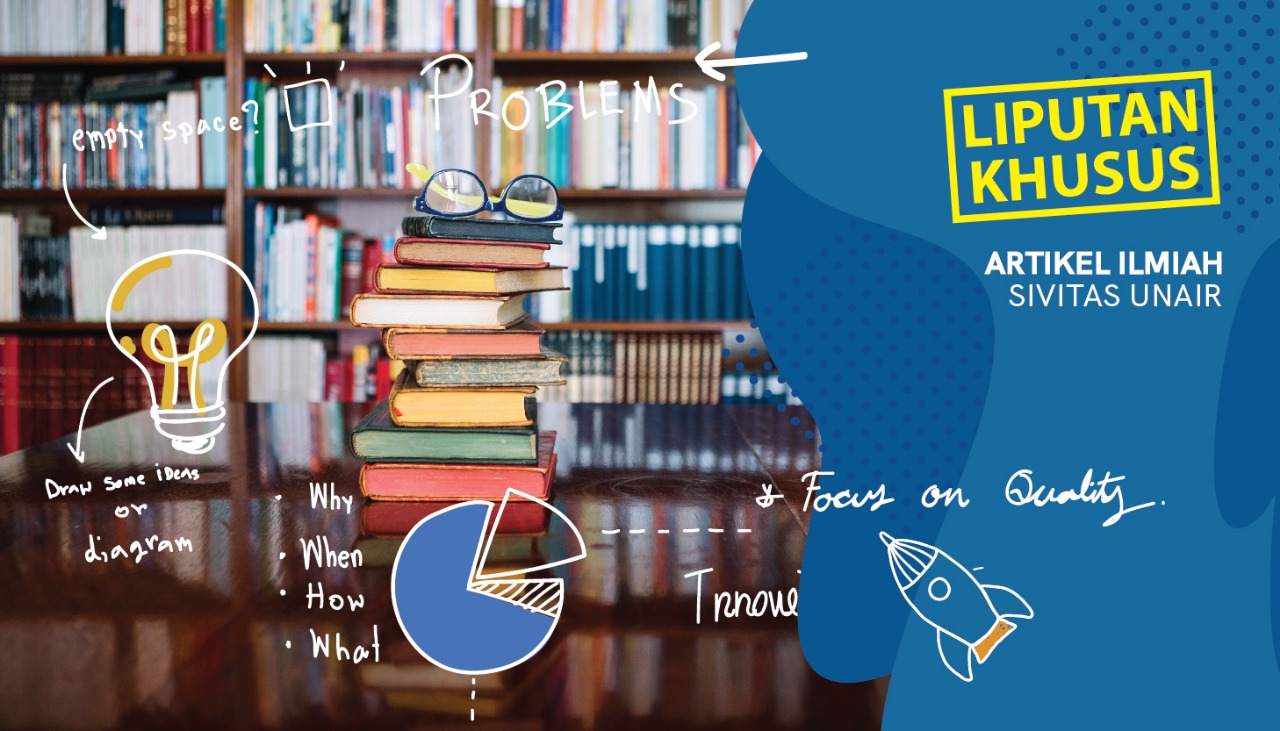UNAIR NEWS – Iron deficiency or anemia in pregnant women is a major nutritional problem in the world. According to Basic Health Research (Riskesdas) in 2018, there were 48.9 percent of pregnant women experiencing anemia. This background inspired Mira Triharini, S.Kep., M.Kep, a lecturer of Faculty of Nursing, Universitas Airlangga with a team to study iron intake in pregnant women.
According to her, anemia in pregnant women can have a negative impact on the mother and fetus. It results in premature birth and low birth weight. The commitment of pregnant women to increase adherence to iron supplementation and eating iron-rich foods can prevent iron deficiency anemia. So there is a need for prevention through the administration of iron supplement tablets, education about the possible dangers of anemia, and diet with have high iron content.
“The need for iron during pregnancy increases, where pregnant women must regularly take iron supplements. It includes nutritious foods that can prevent anemia, such as carbohydrates, protein and vitamin C, ” she said.
Furthermore, said Mira, insufficient nutrition in the body can be influenced by myths about food. For example, food restrictions during pregnancy that limit what to eat. Therefore, it is necessary to give health education and counseling for women during pregnancy.
Health education is useful to increase mothers’ knowledge about the importance of appropriate nutrition levels during pregnancy, ” she said.
All this time, regular intake of iron supplements is an important effort in preventing anemia. The Ministry of Health of the Republic of Indonesia, she continued, recommends that pregnant women need to consume iron tablets of at least 90 tablets, but only 61.9 percent of pregnant women consume at least 90 iron supplements during pregnancy. Non-compliance with iron supplementation is caused by side effects.
“Iron supplements are generally associated with constipation, nausea, vomiting and diarrhea. But taking this supplement should be done carefully because it can cause side effects such as boredom and forgetfulness, ” she explained.
In addition to the advice of health workers, she continued, support from the family is very important because during pregnancy, the mother will experience physical and psychological changes. Health education is expected to involve family members to provide an understanding on the importance of iron supplements and provide support to pregnant women. (*)
Author: Khefti Al Mawalia
Editor: Nuri Hermawan
Reference:
Mira Triharini, Mira Triharini. 2019. Commitment for Anaemia Prevention is Associated with Adherence to Iron Supplementation and Iron Intake Among Pregnant Women. Indian Journal of Public Health Research and Development 10(8):2719.





